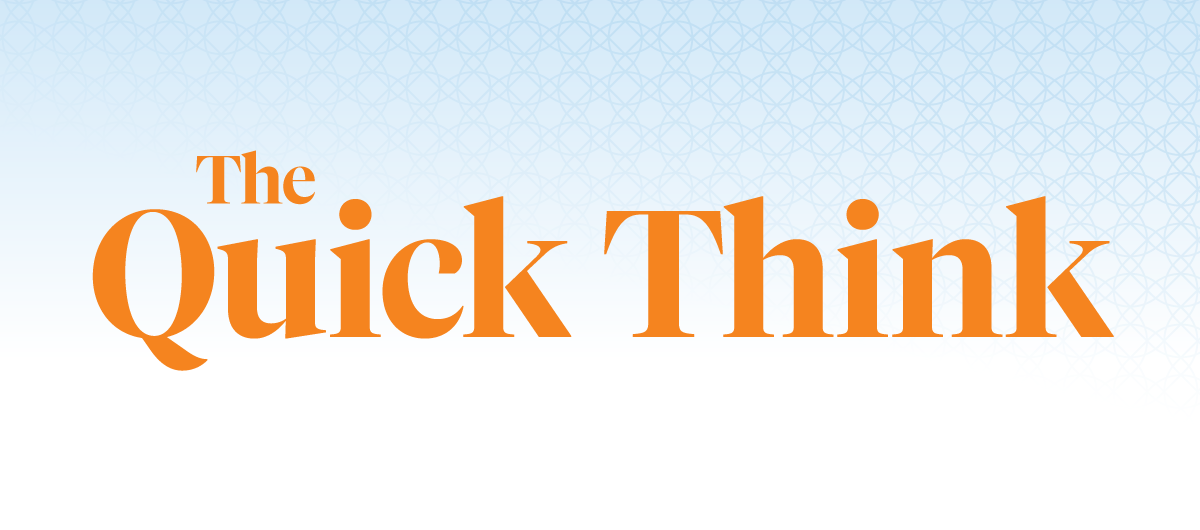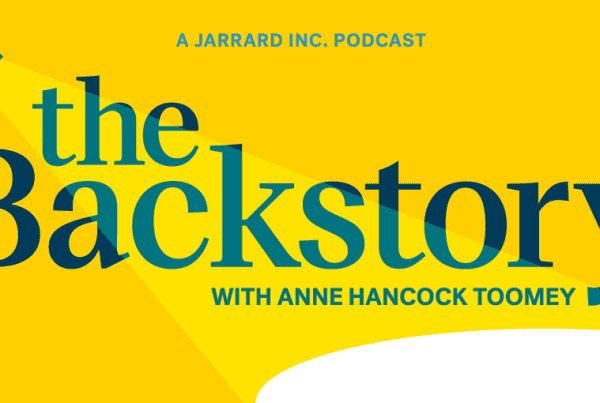Note: This piece was originally published over the weekend in our Sunday newsletter. Want content like this delivered to your inbox before it hits our blog? Subscribe here.
The Big Story: The CDC will undergo a comprehensive re-evaluation, the agency’s director said.
“The move follows an unrelenting barrage of criticism regarding the agency’s handling of the pandemic over the past few months. ‘The lessons from the COVID-19 pandemic, along with the feedback I have received inside and outside the agency over the past year, indicate that it is time to take a step back and strategically position the CDC to support the future of public health,’” Director Dr. Rochelle Walensky said.
What it means for provider organizations:
(3-minute read)
The story of the CDC matters because:
- A good strategic review never goes out of style (and it’s overdue at the CDC).
- An “unrelenting barrage of criticism” is a strong indication that it is a good time to “step back,” as Walensky said, and evaluate what you do and how you do it.
- Even if your organization has survived the pandemic without slings and arrows, it’s the right season for every healthcare voice to take a breath and candidly review the content and effectiveness of your communication efforts and course-correct as need be.
What happened: The CDC has been sharply accused of offering conflicting, inconsistent, confusing and politically charged messages that undermined the public’s trust in it during a global pandemic. And that’s putting it mildly.
Sometimes it was simply a matter of not clarifying that scientific findings and the realities of public health were changing rapidly, and the guidance needed to do the same. Sometimes it was a matter of public health authorities being a bit too definitive about what was known, which became problematic when the current understanding or best practices changed.
Regardless: This was a moment for public health to shine. Coordinating a national response to a pandemic requires a coordinated communications plan. The CDC didn’t completely fail, but it certainly didn’t come through with perfect marks. Hence the “comprehensive re-evaluation.” Good for them.
Therefore: If you’ve come under fire, are under fire, think you might come under fire or simply want to prepare to avoid the mistakes that brought the CDC under fire (we think this list now includes everyone), here are points to ponder as you bring your team around the table.
- Mission must be first. In the race to move quickly, the agency seems to have lost the connection to its mission – not in practice but in how it’s communicated. They were still “conducting science” – incredible science, we might add – and “providing health information.” But that work wasn’t tied tightly enough to the overarching story of how the agency was trying to fight the pandemic. It wasn’t that the information was bad or misleading but that it wasn’t connected to a clear story that people could follow and so it sounded bad or misleading.
- The question: Does the way in which we present information demonstrate – explicitly or implicitly – how that information connects back to our mission and goals?
- Everyone in healthcare is transforming. You know the drill: the pandemic accelerated change in stunning ways. Even the CDC is taking a hard look at things and, hopefully, evolving as needed. But a hard look isn’t enough. Commitment to and action towards deep change is necessary. If you’re not already, it’s time to examine your systems and processes at every level from the system down to your team.
- The question: Are our conversations leading to quantifiable commitment of resources towards necessary change or simply to more conversations?
- Business as usual is gone. Everyone is transforming because expectations have changed and the spotlight’s grown brighter. Criticism of healthcare entities is everywhere, for reasons real and perceived. People are more aware of healthcare than ever before, which comes with pros and cons.
- The question: Are we taking a defensive posture or are we listening and, critically, hearing people’s concerns so we can use that feedback to improve?
- Good change is, well, good. The cliché is that the pandemic hasn’t so much exposed the flaws and opportunities for healthcare as it has distilled them. The other cliché is that healthcare providers can see that as an opportunity to build something better or to try and withdraw towards the old status quo. We all want the former, but human nature draws us towards the latter. It takes intention and energy to change thoughtfully and appropriately.
- The question: How do we disrupt ourselves in uncomfortable ways in order to fulfill our mission and are we willing to do that?
- Take time to save time. We suspect that some of the struggles the CDC faced were due to inertia – once the crisis ramped up it felt like there was no way to pause and take stock even though leaders were aware of the confusion and criticism. Still, it’s often better to slow down than double down.
- The question: What might happen if we don’t slow down for a moment? Can we afford that outcome?
This piece was originally published over the weekend in our Sunday Quick Think newsletter. Fill out the form to get that in your inbox every week.



